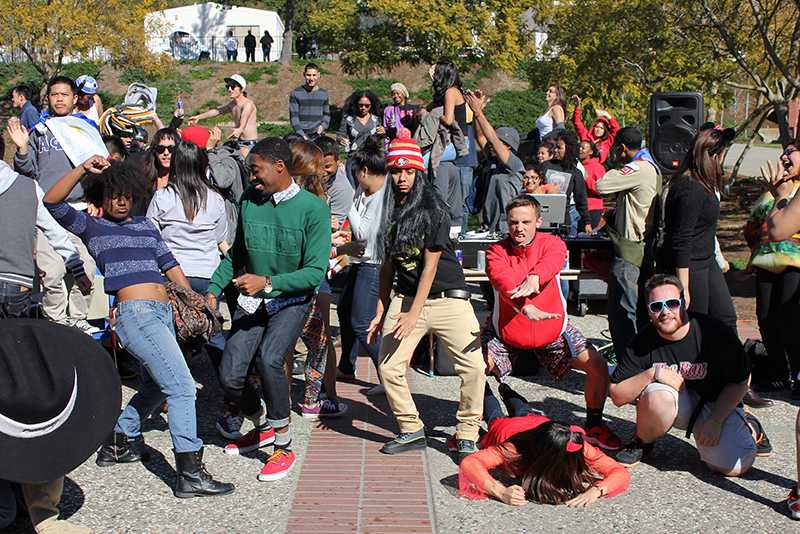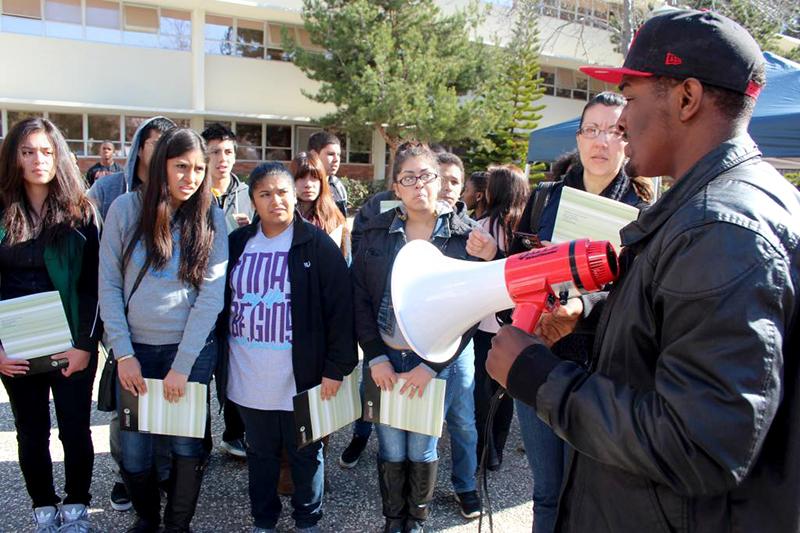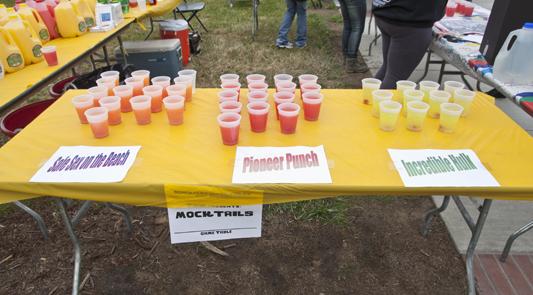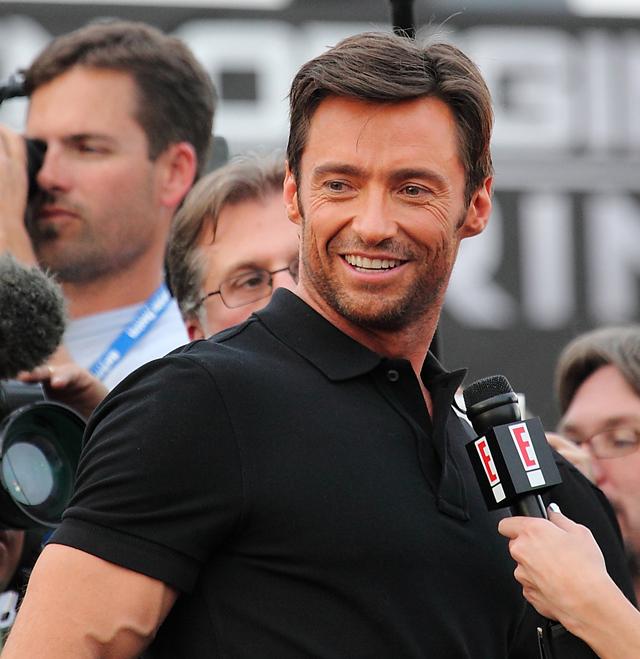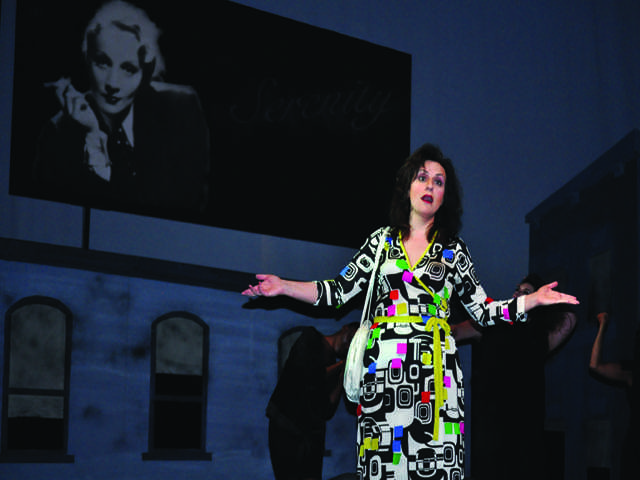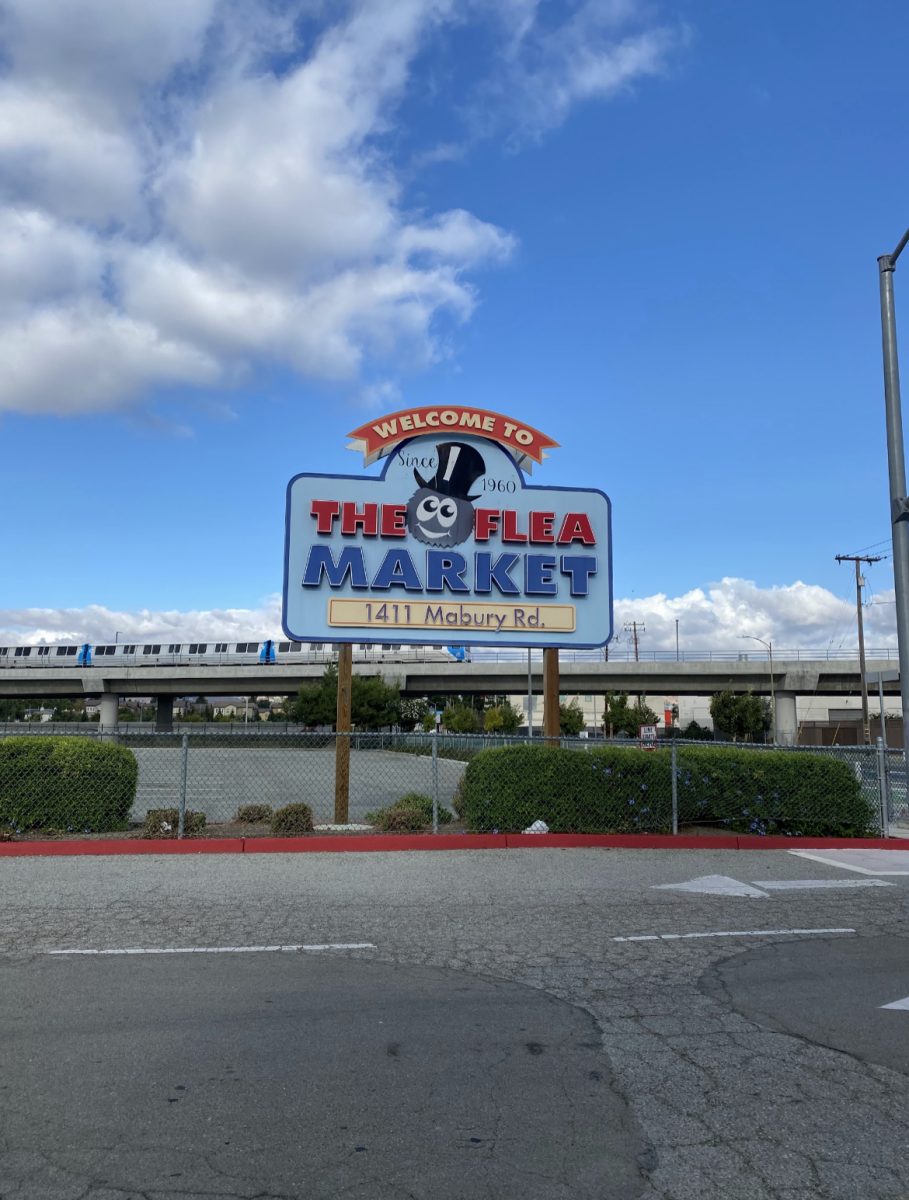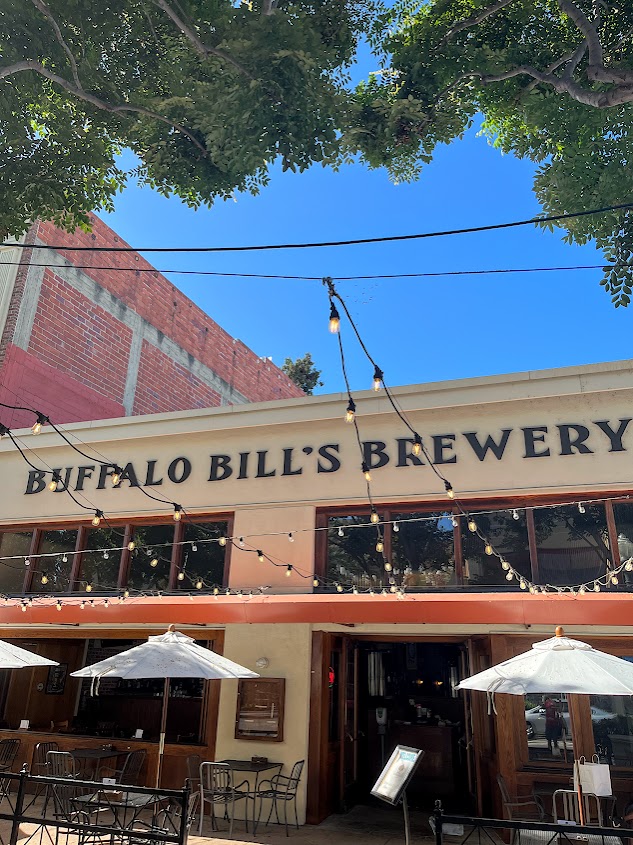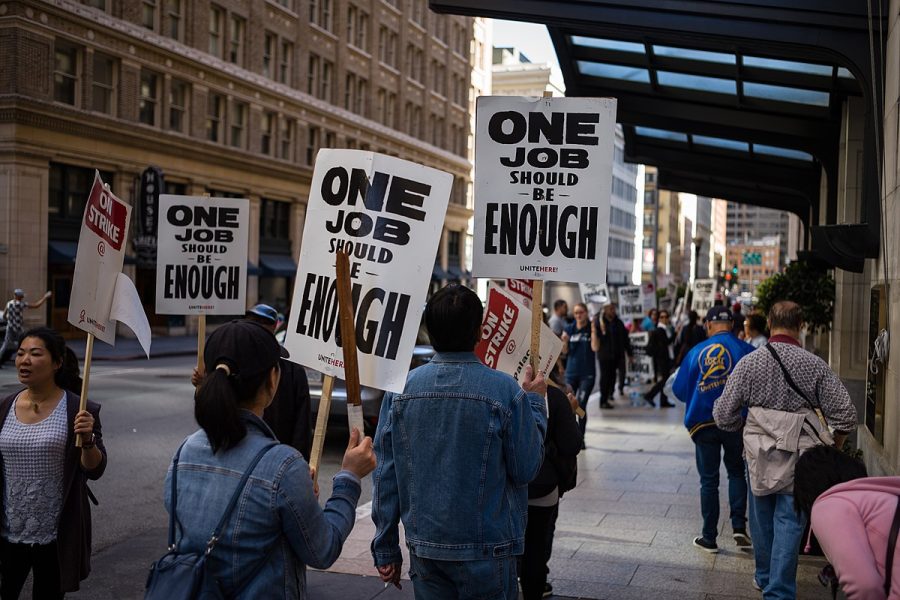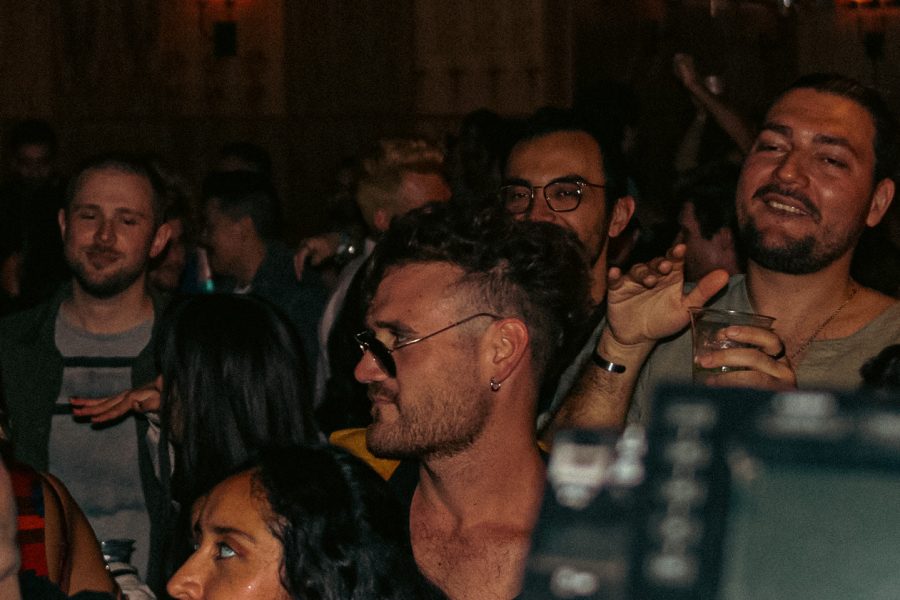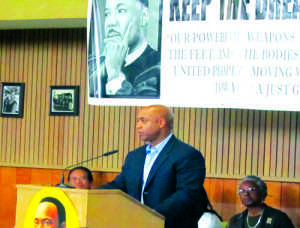
On Monday, the ILWU Warehouse Union Hall hosted The 19th Annual Dr. Martin Luther King, Jr. Multicultural Rally.
The event featured speeches from local bigwigs such as Oakland Mayor Jean Quan and Oakland Police Chief Anthony Batts.
However, the rally focused on the legacy of Dr. King when superimposed upon the backdrop of the greater Oakland area. Even though it has been over 47 years since King delivered his iconic “I Have a Dream” speech, those in attendance on Monday, just as those on the National Mall in 1963, believed that there was still more work to be done to bridge the inequalities of our society.
“It’s important to reach out to our men and women of color and get them involved in the political process,” said Oakland City Council President Larry Reid of the local youths who may be aware of the history of King and the Civil Rights Movement, but are not aware how they can apply those ideals to effect change.
“We can change this city, we can change this state, we can change this nation.”
There were a select number of high school students who were well aware that the day was not only about recognizing the past.
“Our circumstances imprison us in meaningless,” said Elena Unita of Berkeley High School, “no one will stop the violence among us, for us, but us.”
The pervasiveness of violence, whether it be in the streets of Oakland or Jared Lee Loughner’s recent shooting spree in Tucson, Arizona, was a central theme among speakers.
“Ninety deaths is still too much,” said Mayor Quan of the number of murders committed in Oakland in 2010. The number is staggering enough to diminish the fact that it marks a 15 percent decrease from 2009.
Quan also stated the M.L.K. holiday represents the ongoing “struggle” for all poor and disaffected people who are not equally represented in our society.
“Martin Luther King, Jr. said there is no peace without justice,” said Quan. The change with which King and his current successors have spoken of is not possible without action.
Reverend Dr. Robert A. Wilkins, President and CEO of YMCA of the East Bay, touched on themes ranging from the 1955 Montgomery Bus Boycott to the violence in Tucson.
“How did he get so far away from the rest of the human family that he did not care of the human condition?” he said of Loughner, believing that the troubled young man would have been helped by a closer knit community such as those found in the neighborhoods of Oakland.
Wilkins offered hope that the current troubles of the world did not lessen the luster of King’s message. “One of the great things is that dreams never die,” said Wilkins.
The highlight of the rally was definitely the keynote address delivered by Chief Batts. Formerly chief of the Long Beach Police Department, Batts told the crowd that his 28 years in law enforcement have been driven by a desire to improve the communities in which he has served, whether that is Los Angeles, where he first became a police officer, Long Beach or Oakland.
“I don’t do this job because I want to lock people up,” said Batts. “I do this job because I want to make a difference.”
As Batts’ speech built to a crescendo, he stated, “Here I go acting like a preacher,” to which the crowd erupted in applause. The reaction was a sign of solidarity and support for the police chief who assumed office amidst the controversy of the Oscar Grant shooting, especially considering the fact that Batts may soon become San Jose’s Chief of Police only one year into his three-year contract.
Oakland’s longest continuing M.L.K. Day celebration captured both the ethos of the day as it remains in history and as it exists right now in cities across the U.S. Though the dreams of King have yet to be fully realized, they remain alive in all those working for positive change.




